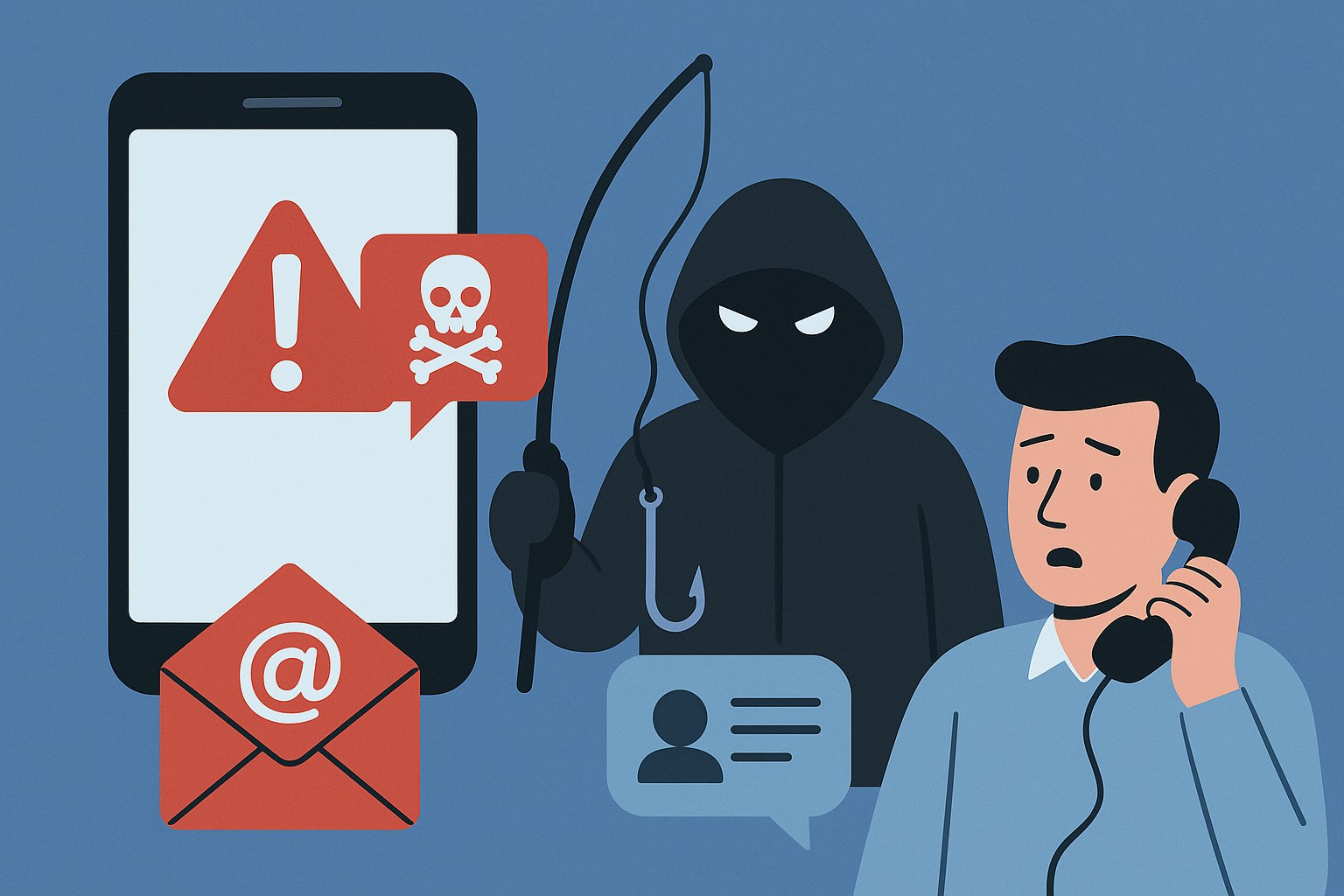Weathering the Storm: Netmonkeys Guidance
Flights grounded, rail lines blocked, and many homes submerged. Severe weather has spread disruption across the UK with no indication of clearing up anytime soon. Areas close to our NM bases - the East Midlands, Nottingham, and Derby - have sadly faced the effects. Whilst we can’t control the weather, we can provide guidance to help you stay connected.
Working From Home?
A disrupted commute might mean you’ve set up shop at home. Make sure you limit your bandwidth usage, and opt for low-bandwidth tools like instant messaging and audio opposed to video call. Use cloud-based services (ie Google Docs, MS Teams or Microsoft Office 356) that operate offline. If servers are damaged onsite, add backup systems to your infrastructure. Our team are more than happy to discuss these options with you.
Facing Slow or No WiFi?
Adverse weather can compromise wireless connections. Elements like rain or wind may disrupt WiFi signals. Though wired connections are generally sturdy, power blackouts can afflict all connection variants. Try to reboot the router and modem for 30-seconds to reset the connection for minor connectivity issues. If this fails, use an ethernet cable to connect your computer to the router as wired connections are typically more stable and faster. Use a WiFi extender and backup with 4 or 5G plus your mobile hotspot.
Stay Safe!
Advanced network infrastructure has meant that business can go on as usual despite extreme circumstances. Contact us now for a review of your disaster recovery strategy.
From,
The Netmonkeys Troop
Related posts
Visit blog
ISSEY MIYAKE × Apple: The iPhone Pocket That Redefines How We Carry Technology
Looking to make smarter, data-driven decisions? Partnering with a UK Power BI consultancy like NetMonkeys transforms scattered business data into meaningful insights

Smishing vs Phishing vs Vishing: Key Differences Explained
Phishing, smishing, and vishing are evolving faster than ever — and businesses are paying the price. In this expert guide from the NetMonkeys Security Team, we break down how each scam works, why they succeed, and what practical steps you can take to defend your organisation

The Benefits of Working with a UK Power BI Consultancy
Looking to make smarter, data-driven decisions? Partnering with a UK Power BI consultancy like NetMonkeys transforms scattered business data into meaningful insights
